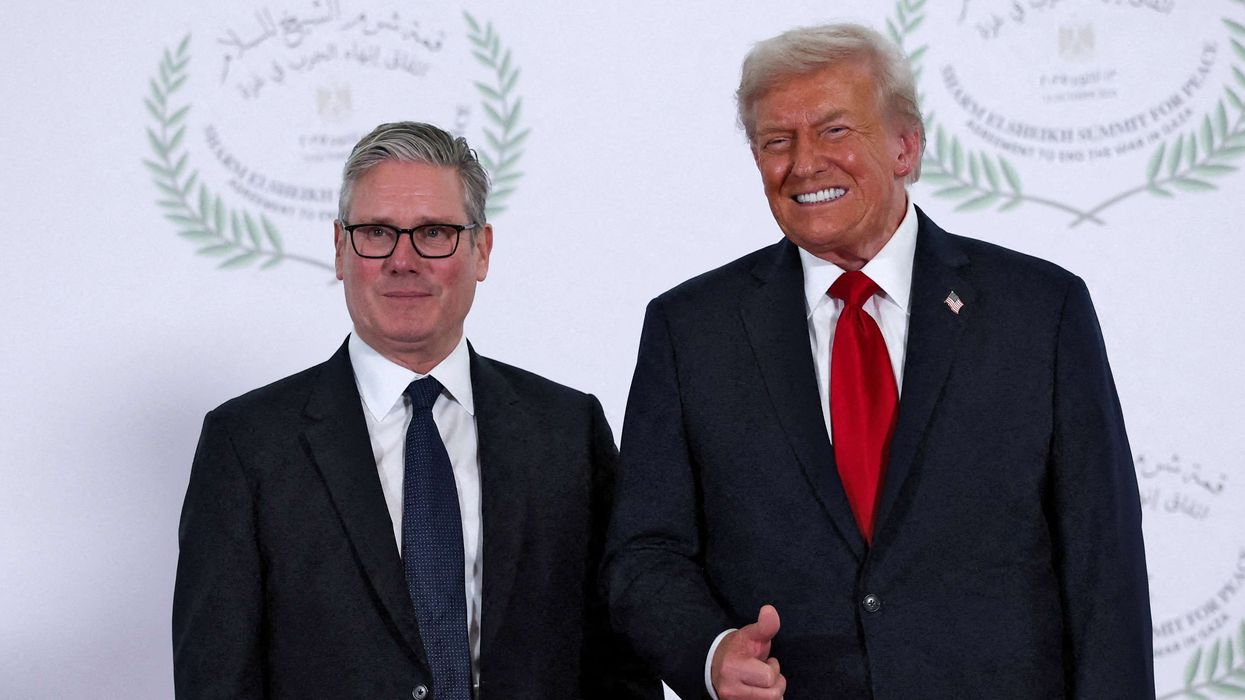by Amit Roy
AFTER the ‘Rhodes must fall’ campaign in Oxford and the decision by major museums to examine the provenance of treasures often seized as military booty, it is now the turn of Cambridge to engage in an exercise of mea culpa.
The university has announced it is to investigate whether in the past it benefited from the slave trade. Cambridge is run by very clever people, so there must be a point to this investigation, though at first glance, it is a little difficult to divine what that might be.
The investigation is to be supervised by a group of eight senior dons, headed by Prof Martin Millett, the Laurence Professor of classical archaeology, who will “recommend appropriate ways to publicly acknowledge past links to slavery and to address its impact”.
The research “will be conducted by two fulltime post-doctoral researchers, based in the Centre of African Studies, part of the School of Humanities and Social Sciences. The research will examine specific gifts, bequests and historical connections with the slave trade.”
The report will be submitted by October 2020 to Prof Stephen J Toope, the vice-chancellor of Cambridge, who set out the reasons for the investigation: “There is growing public and academic interest in the links between the older British universities and the slave trade, and it is only right that Cambridge should look into its own exposure to the profits of coerced labour during the colonial period.
“We cannot change the past, but nor should we seek to hide from it. I hope this process will help the university understand and acknowledge its role during that dark phase of human history.”
All this sits uneasily with the British prime minister’s refusal to offer a formal government apology for the Jallianwala Bagh massacre in India.












